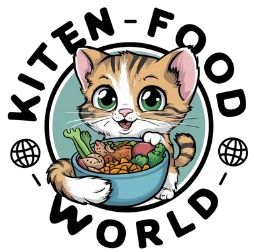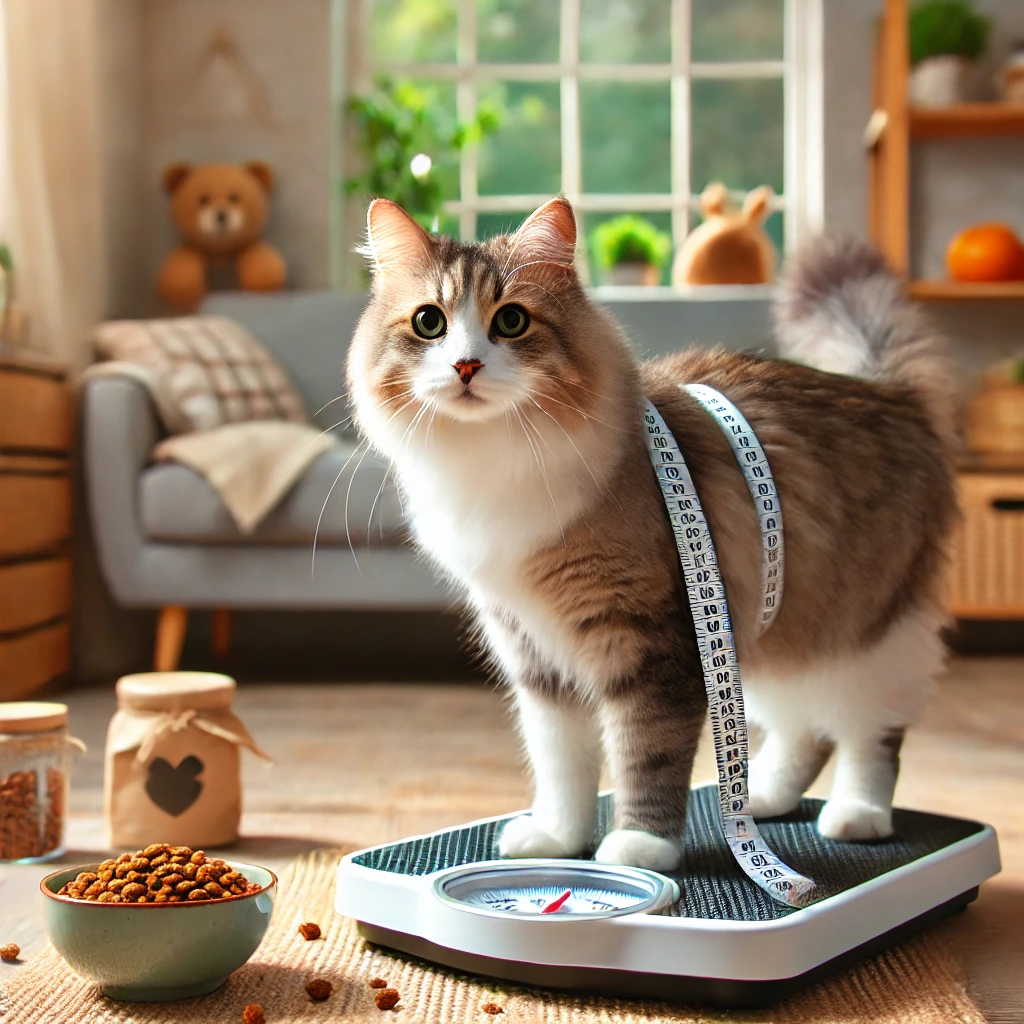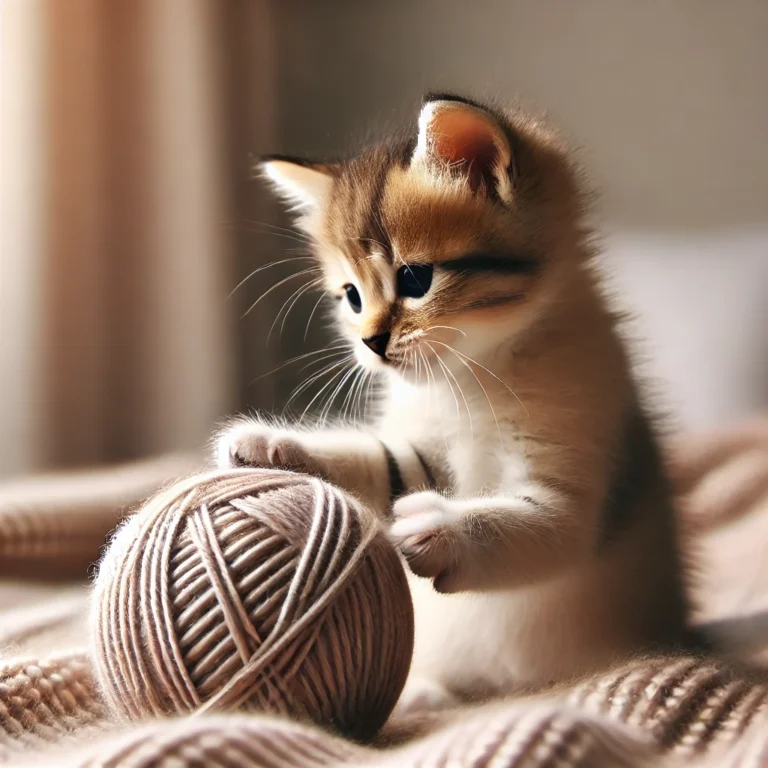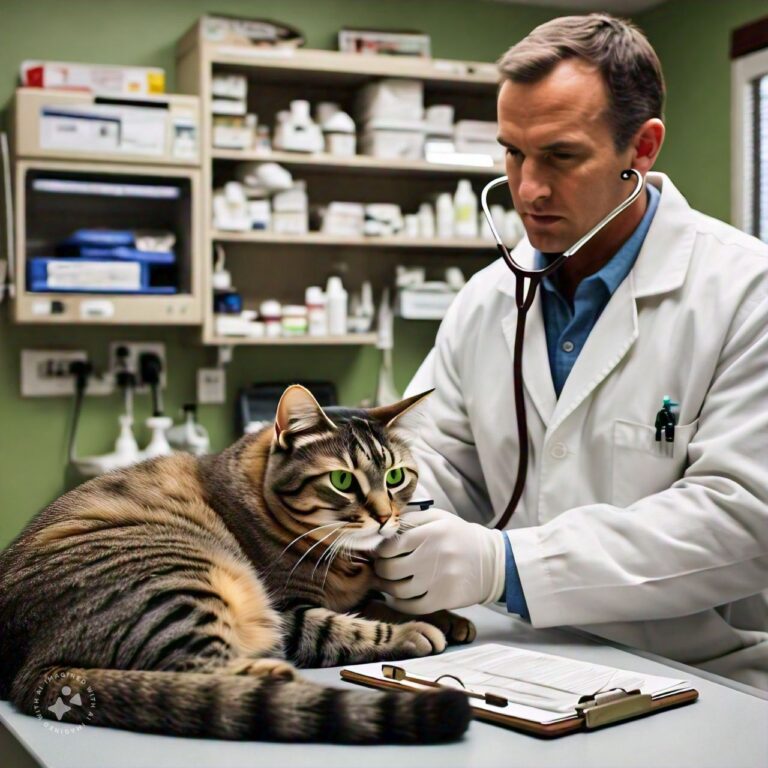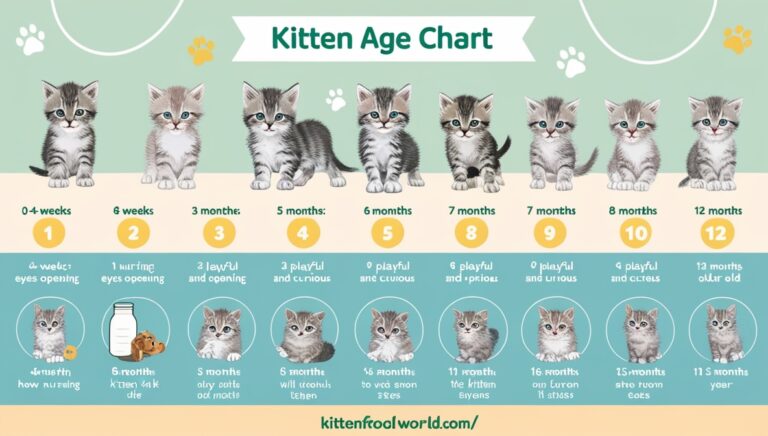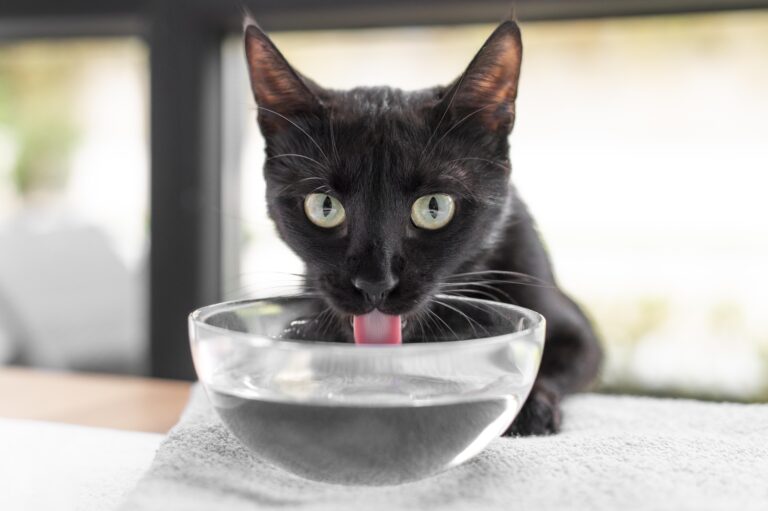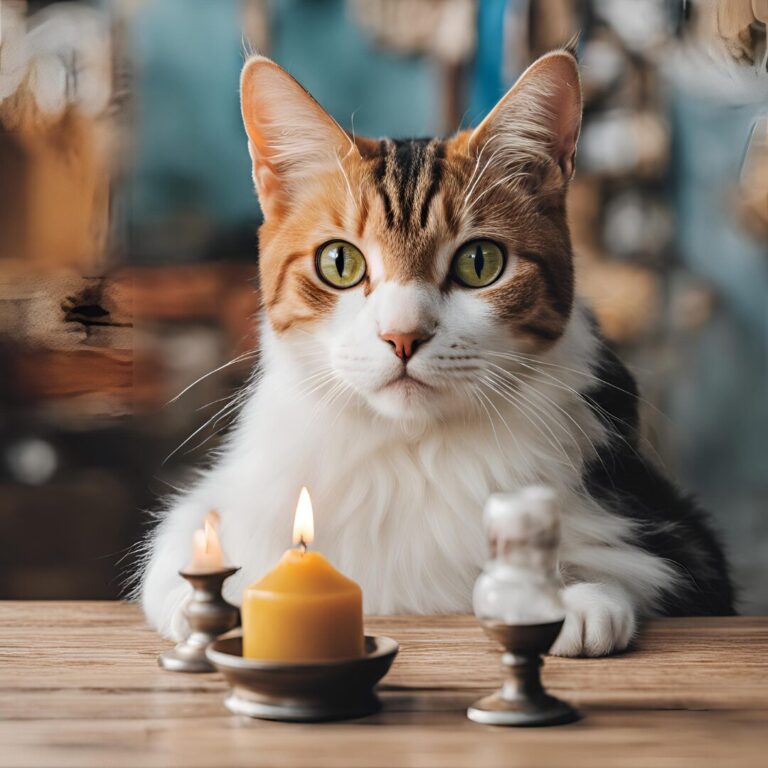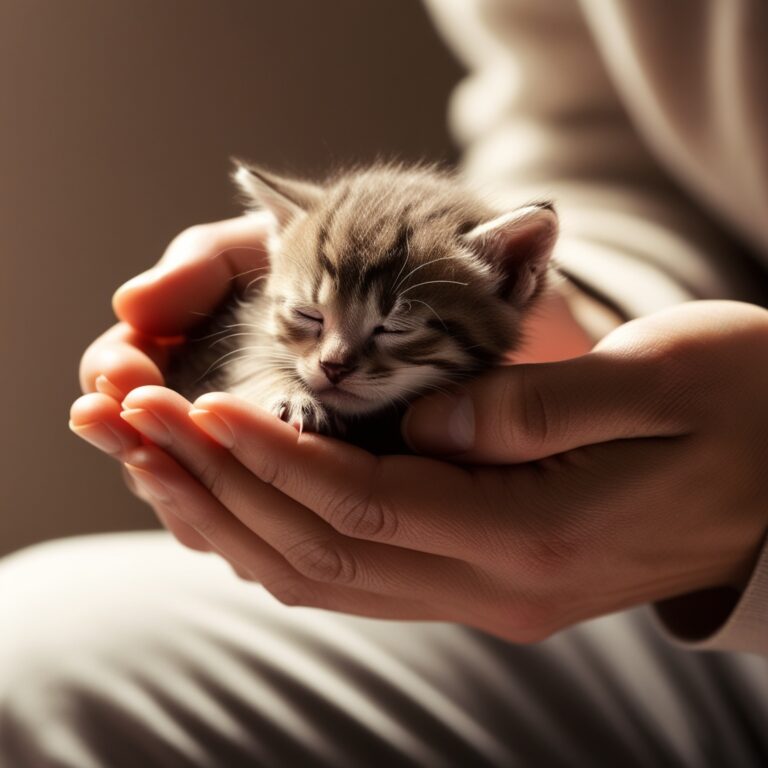Weight Management for Cats: 5 Proven Tips for a Healthier, Happier Cat
Introduction
Keeping your cat at a healthy weight is essential for their overall health and longevity. Just like humans, cats can suffer from weight-related health issues if their diet and exercise are not properly managed.
In this article, we will explore all aspects of weight management for cats, from understanding what a healthy weight looks like to creating a practical weight management plan. We’ll cover feeding tips, common mistakes, and how to keep your cat active. Let’s dive into the steps you can take to ensure your feline friend stays fit and healthy.
Understanding Healthy Weight for Cats
Before you start managing your cat’s weight, it’s crucial to understand what a healthy weight looks like for your cat.
Ideal Cat Weight by Breed
Every cat breed has an ideal weight range. For example, the average domestic cat should weigh between 8-10 pounds, while larger breeds like Maine Coons can weigh up to 25 pounds without being overweight. It’s best to consult your veterinarian or refer to breed-specific guidelines to determine the ideal weight for your cat’s breed.
Signs Your Cat May Be Overweight or Underweight
The easiest way to tell if your cat is overweight is to feel their ribs. You should be able to feel them without pressing too hard. If your cat’s ribs are difficult to feel or their stomach hangs down, they may be overweight. However, if you can see your cat’s ribs or have very little body fat, they may be underweight.
Causes of Weight Gain in Cats
Understanding the causes of weight gain is the first step in managing it effectively.
Overfeeding and Caloric Intake in Cats
The most common cause of weight gain in cats is overeating. Free feeding or providing your cat with more calories than they burn will lead to weight gain. Commercial cat foods often contain more calories than needed, and pet owners may unintentionally overfeed by offering too many treats.
Lack of Physical Activity in Cats
Indoor cats are often less active than their outdoor counterparts, leading to weight gain. Cats need physical exercise to stay healthy, and a sedentary lifestyle can quickly lead to obesity.
Health Conditions Leading to Weight Gain in Cats
Some health conditions, such as hypothyroidism or Cushing’s disease, can cause weight gain in cats. If you suspect your cat is gaining weight despite a controlled diet, it’s important to consult a veterinarian for a thorough examination.
Age-Related Weight Changes in Cats
As cats age, their metabolism slows down, making them more prone to weight gain. Older cats may also become less active, contributing to the issue.
Risks of Obesity in Cats
Obesity can have serious consequences for your cat’s health. Here are some common risks associated with excessive weight:
Diabetes in Cats
Obesity is one of the leading causes of diabetes in cats. An overweight cat’s body may become less sensitive to insulin, leading to the development of diabetes. Once a cat has diabetes, managing their weight becomes even more crucial.
Joint and Mobility Issues in Cats
Extra weight stresses your cat’s joints, leading to arthritis and mobility problems. This can make it difficult for your cat to move comfortably, further reducing their activity levels and compounding the issue.
Cardiovascular Problems in Cats
Just like in humans, obesity increases the risk of heart disease in cats. Extra fat can build up around the heart, causing it to work harder and leading to long-term health complications.
Shortened Lifespan of Cats
Studies show that overweight cats have a shorter lifespan compared to cats at a healthy weight. Keeping your cat fit and lean is essential for ensuring they live a long and healthy life.
Creating a Weight Management Plan for Cats
A successful weight management plan requires careful planning and monitoring.
Consulting a Veterinarian for a Healthy Plan
Before starting any weight management program, it’s important to consult your veterinarian. They can help determine how much weight your cat needs to lose and recommend a safe rate of weight loss.
Understanding Caloric Needs by Age and Activity Level for Cats
Your cat’s caloric needs will depend on their age, breed, and activity level. For example, a young, active cat will require more calories than an older, sedentary cat. Your veterinarian can help you determine how many calories your cat needs to maintain or lose weight.
How to Measure and Control Portion Sizes of Cats
Portion control is one of the most important aspects of managing your cat’s weight. Use a measuring cup or a food scale to ensure you’re feeding your cat the correct amount of food. Overfeeding, even by a small amount, can lead to weight gain over time.
Feeding Tips for Cat Weight Management
Choosing the right food and feeding schedule is essential for successful weight management.
Choosing the Right Weight-Control Cat Food
Not all cat foods are created equal. Look for high-quality cat foods labeled for weight control. These foods typically contain fewer calories and more fiber, helping your cat feel full while consuming fewer calories. Some reputable brands include Hill’s Science Diet and Royal Canin.
Frequency of Feeding: Scheduled Meals vs. Free Feeding to Cats
Scheduled meals are better for weight management than free feeding. Free feeding allows your cat to eat whenever they want, making it difficult to control their caloric intake. Feeding your cat two to three scheduled meals a day can help regulate their food consumption.
Monitoring Treats and Snacks of Cats
Treats can be a hidden source of extra calories. Limit treats to no more than 10% of your cat’s daily caloric intake. Look for low-calorie treats or consider using pieces of their regular food as treats during training.
Importance of Exercise for Cats
Exercise is key to helping your cat maintain a healthy weight.
Engaging Your Cat in Physical Activity
Encourage your cat to move by engaging them in interactive play. Wand toys, laser pointers, and balls can stimulate your cat’s natural hunting instincts and keep them active.
Best Toys for Active Play of Cats
Invest in toys that promote movement, such as feather wands or motorized toys. Cats are natural hunters, and these toys will encourage them to chase, pounce, and run around.
Creating a Stimulating Environment for Indoor Cats
Indoor cats need stimulation to stay active. Create vertical spaces, like cat trees and shelves, where your cat can climb and explore. You can also hide food around the house to encourage them to search for it, providing both mental and physical exercise.
Special Considerations for Senior Cats
Older cats have unique needs when it comes to weight management.
Weight Management for Older Cats
Senior cats may have slower metabolism and reduced activity levels, making weight management more challenging. It’s important to adjust their diet and exercise routine as they age.
Adjusting Diet and Activity for Age-Related Health Changes of Cats
Older cats may have dental issues or arthritis, making it harder for them to eat or move around. Consult your veterinarian to find food that’s easy for them to chew and consider low-impact exercises, such as gentle play or short walks.
Common Weight Management Mistakes of Cats
Even with the best intentions, it’s easy to make mistakes when managing your cat’s weight.
Misunderstanding Portion Sizes of Cats
Many pet owners unintentionally overfeed by miscalculating portion sizes. Be sure to follow the feeding guidelines on your cat food packaging or consult your vet for accurate portion recommendations.
Feeding Cats from Multiple Sources
If multiple people in your household are feeding the cat, it’s easy to overfeed. Make sure everyone is aware of the cat’s feeding schedule and daily allowance to avoid accidental overeating.
Ignoring Weight Changes
Small weight gains or losses can add up over time. Weigh your cat regularly and adjust their diet and exercise as needed.
Monitoring Progress in Cat Weight Loss
Tracking your cat’s progress is essential for a successful weight management plan.
Tracking Weight Your Cats Over Time
Weigh your cat every two weeks to monitor their progress. If they are losing weight too quickly or too slowly, adjust their caloric intake or exercise routine accordingly.
Adjusting the Plan as Needed to Your Cats
If your cat is not losing weight or if they seem lethargic, consult your veterinarian. They may recommend adjusting their diet or testing for underlying health issues that could be affecting their weight.
Health Conditions Linked to Cat Weight
Some health conditions can cause weight fluctuations in cats, so it’s important to be aware of them.
Hyperthyroidism and Weight Loss
Hyperthyroidism is a condition where a cat’s thyroid gland produces too many hormones, leading to weight loss despite increased appetite. If your cat is losing weight rapidly, consult your veterinarian for a diagnosis.
Kidney Disease and Weight Fluctuations
Cats with kidney disease often lose weight due to reduced appetite. If your cat has kidney disease, work closely with your vet to manage their diet and ensure they are getting the nutrients they need. For more info.
Gastrointestinal Issues Affecting Weight
Digestive disorders can cause both weight loss and weight gain in cats. If your cat has chronic diarrhea, vomiting, or other gastrointestinal issues, consult your veterinarian to rule out any underlying problems.
Conclusion: Maintaining Long-Term Cat Health
Keeping your cat at a healthy weight is an ongoing process that requires attention to their diet, activity levels, and overall health. By monitoring their progress and adjusting as needed, you can help ensure your cat lives a long, healthy life. Regular vet check-ups, portion control, and plenty of exercise are key components of a successful weight management plan.
Cat Weight Loss Information FAQs
- How do I get my overweight cat to lose weight?
- Gradual calorie reduction and increased physical activity are key. Consult your vet to create a tailored weight loss plan that ensures your cat loses weight safely.
- How can I help my obese cat lose weight?
- Feed your cat veterinarian-approved weight management food, reduce treats, and encourage daily playtime or exercise. Monitor weight loss progress with your vet.
- What is the best food for cats to lose weight?
- Weight-loss formulas like Hill’s Science Diet or Royal Canin Weight Control are often recommended. Choose food high in protein and fiber but low in fat and calories.
- How quickly can cats lose weight?
- Cats should lose weight gradually, around 1-2% of their body weight per week. Rapid weight loss can lead to health issues like hepatic lipidosis.
- What is the ideal weight for a cat?
- A healthy adult domestic cat typically weighs between 8-10 pounds, but the ideal weight varies based on breed. Consult your vet for breed-specific weight recommendations.
- What are the risks of obesity in cats?
- Obesity in cats increases the risk of diabetes, arthritis, heart disease, and a shortened lifespan.
- What happens if a cat loses too much weight?
- Rapid or excessive weight loss can cause liver disease (hepatic lipidosis) or muscle loss. It’s important to follow a vet-recommended weight loss plan.
- How do I calculate my cat’s weight loss diet?
- Your vet can calculate your cat’s ideal daily caloric intake based on their current weight, activity level, and how much weight they need to lose.
- How do you maintain a cat’s weight?
- To maintain a healthy weight, provide balanced meals in controlled portions, limit treats, and ensure daily physical activity.
- What will help my cat gain weight?
- If your cat is underweight, a high-calorie, nutrient-rich diet may help. Work with your vet to identify the cause of weight loss and choose appropriate foods.
- How to put a cat on a diet when you have two cats?
- Feed your cats separately to ensure the overweight cat gets the right portions, and monitor both cats during mealtimes to avoid overeating.
- How to help a cat lose weight with multiple cats?
- Use scheduled feeding times and separate feeding areas to control food intake, ensuring the overweight cat gets a specific portion without interference from others.
- What is the goal for cat weight loss?
- The goal is to bring your cat to a healthy weight based on breed and age, typically within 8-10% body fat. Aim for slow, steady progress.
- How do I know if my cat is overweight or underweight?
- A visible waist and the ability to feel the ribs with slight pressure are signs of a healthy weight. Overweight cats may have a sagging belly or difficulty moving.
- Sudden weight loss in cats but still eating – what does it mean?
- Sudden weight loss, even with regular eating, could signal underlying health issues such as hyperthyroidism or gastrointestinal disorders. A vet consultation is necessary.
- How to maintain your cat’s weight after weight loss?
- After reaching a healthy weight, switch to a maintenance diet and monitor calorie intake, while keeping up regular physical activity.
- How to get a female cat to lose weight?
- Follow the same weight loss methods for all cats: calorie control, regular exercise, and a vet-recommended diet. Ensure that hormones or post-spaying conditions aren’t complicating weight management.
- How to help an obese cat lose weight naturally?
- Offer natural, whole-food-based weight control diets, reduce processed treats, and increase activity through play and interactive toys.
- What food is best for weight management in less active cats?
- For less active cats, choose a low-calorie, high-fiber weight control formula. These foods help cats feel full while consuming fewer calories.
- What should I do if my cat stops losing weight?
- If weight loss stalls, consult your vet. They may adjust caloric intake, increase exercise, or investigate potential health issues like thyroid imbalances.
- Can indoor cats lose weight effectively?
- Yes, indoor cats can lose weight with controlled feeding, portion control, and regular interactive playtime to simulate natural hunting behaviors.
- Why is my cat losing weight but eating normally?
- Weight loss despite a normal diet could indicate an underlying medical condition like hyperthyroidism, diabetes, or gastrointestinal issues. A vet check-up is recommended.
- Can stress cause weight loss in cats?
- Yes, stress can lead to weight loss as it may reduce appetite or cause gastrointestinal issues. Identifying and alleviating stressors is crucial for maintaining a healthy weight.
References
- Cornell Feline Health Center: Understanding Cat Weight
- PetMD: Weight Control in Cats
- ASPCA: Cat Care
